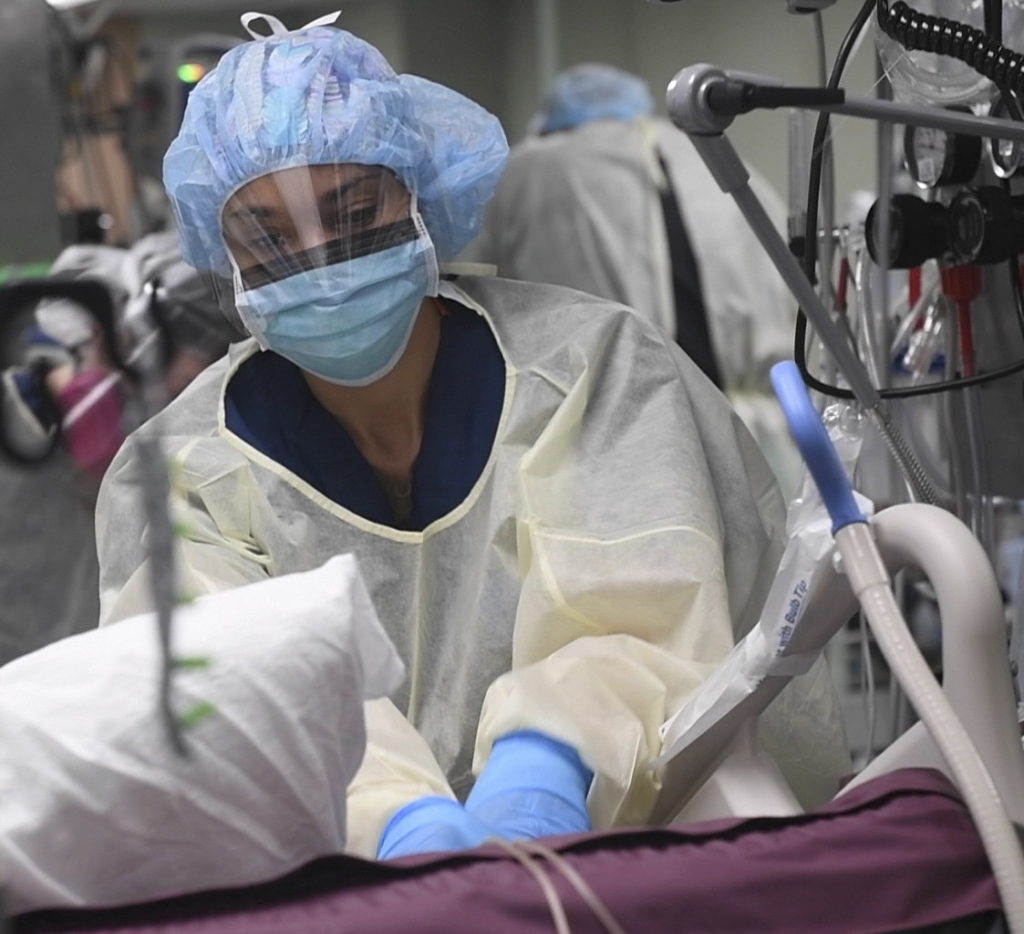Hacking the Vaccine

I don’t get this.
The F.B.I. and the Department of Homeland Security are preparing to issue a warning that China’s most skilled hackers and spies are working to steal American research in the crash effort to develop vaccines and treatments for the coronavirus. The efforts are part of a surge in cybertheft and attacks by nations seeking advantage in the pandemic.
Sanger and Perlroth go on to describe several other examples of cyberattacks that don’t have anything in particular to do with the search for a vaccine. But I don’t see why I should treat Chinese (and Vietnamese, and South Korean) efforts to steal intellectual property associated with vaccine research as a serious public policy problem. I’m of the view that intellectual property piracy is an interesting phenomenon, and should in some cases be treated as a national security problem. But stealing intellectual property isn’t the same as stealing, say, a car; both the victim and the thief can continue to enjoy the benefits of the technology, just not the benefits of exclusivity.
In this case, however, a vaccine is good for everyone, will probably in short order be shared with everyone, and the benefits to exclusivity (national prestige, short term profits for pharmaceutical companies) are trivial. We could not long exclude China (or the ROK, or Italy) from the benefits of a vaccine in any case, and indeed the United States benefits not only from Chinese research, but directly from the provision of the vaccine to China (in the sense that vaccinated Chinese citizens enable travel, the re-establishment of supply chains, etc.). And if the Chinese steal our data and create a vaccine faster than we can, we still win because they can’t plausibly exclude us from its benefits.
I suppose I wouldn’t be surprised to see an ad hoc argument that the pharmaceutical industry will only devote sufficient attention to the development of a vaccine and of other treatments if it is assured of profits associated with exclusivity? But while there are probably some pharma execs who have that on their mind, I suspect that the real problem is folks in the Trump administration and the national security bureaucracy who have a problem differentiating between destructive forms of theft and constructive forms of borrowing, and who have built a particular understanding of the US relationship with China into their cognitive schema.


